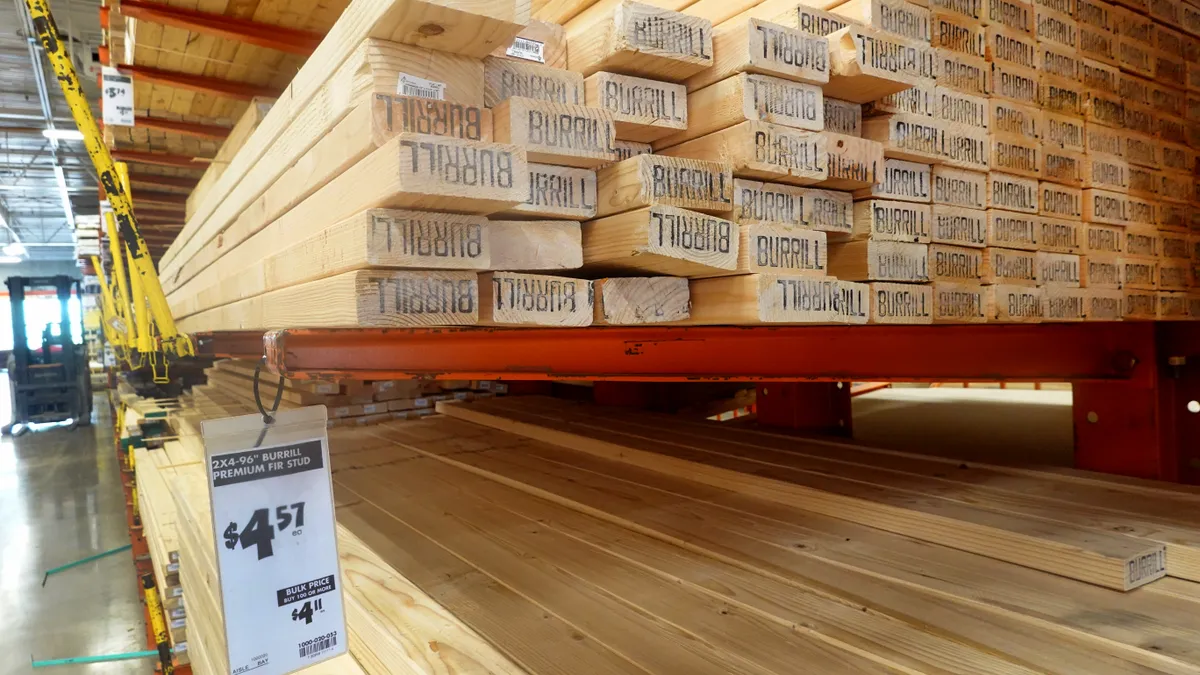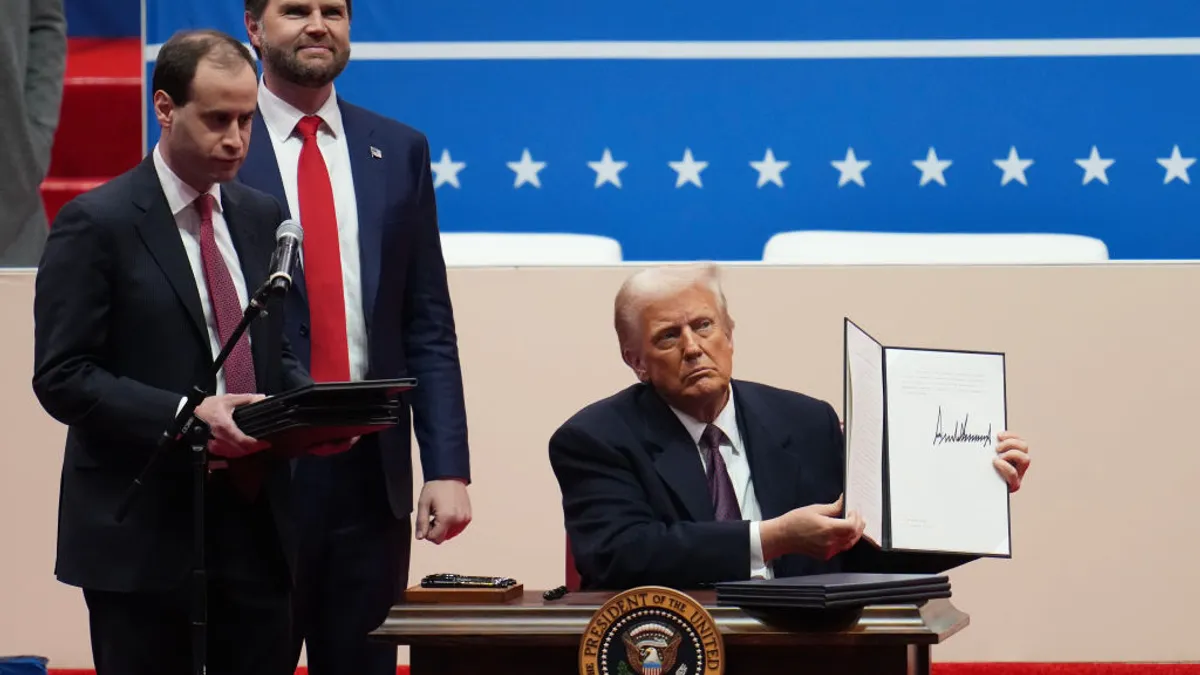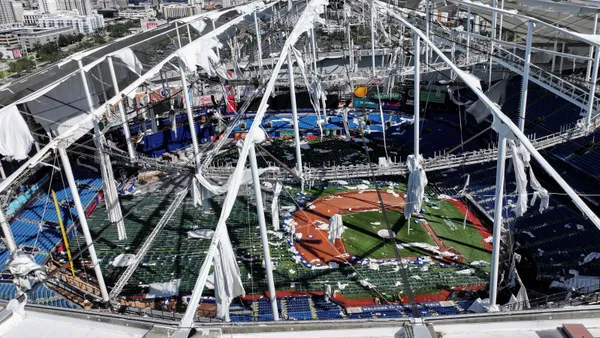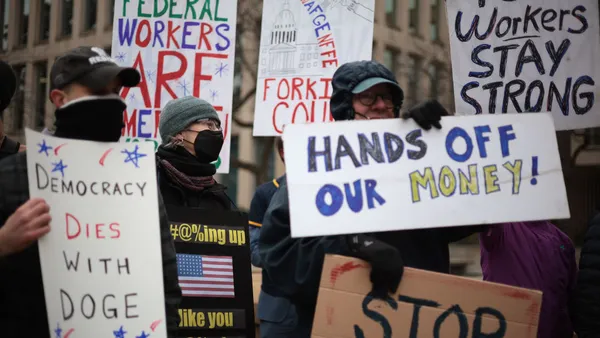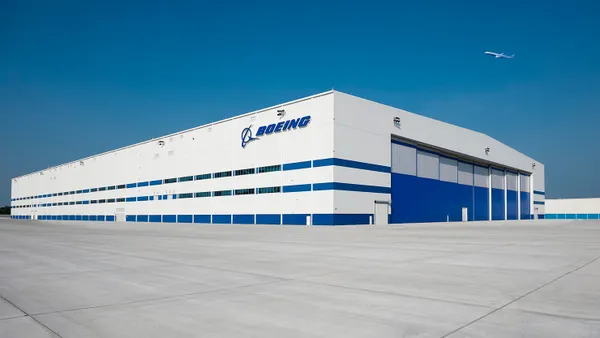Dive Brief:
-
There are no more major write-downs in multinational contractor Skanska's future, CEO Anders Danielsson revealed in an interview with Bloomberg. The accounting tactic involves a reduction in the book value of assets whose fair market value has fallen.
-
Danielsson told Bloomberg that the company has instituted tighter controls and has committed to "profitability over volumes" since it took a series of write-downs and other charges last year totaling approximately U.S. $327 million. The Skanska chief added that the company has become more focused on analyzing risk, as well as choosing the right projects and staff.
-
The value of Skanska's stock has increased by almost 20% this year, although it is still short about 26 points from its 2017 highs. In addition, Danielsson said the company's operating margins are on an upward trajectory.
Dive Insight:
It looks like Skanska's decision to drop some of the big categories of work it previously performed is paying off.
When company officials announced last year that they would restructure Skanska's U.S. construction operations, the big news to those in the industry was that it would no longer bid on EPC (engineering, procurement and construction) contracts for gas-fired power plants and would stop pursuing U.S. "mega design-build" public-private partnership (P3) projects in which it holds an equity stake. Danielsson said its pursuit of projects would, from that point forward, focus on those that hit the company's "sweet spot."
In an update during its capital days event in March, company leaders reported that it would not likely meet its construction operating target of 3.5% in 2019 or in 2020 and that its backlog was undergoing a downsizing to a "healthier base."
The company has never specified the two projects on which it took a $100 million write-down, which drove in part its 2018 charges. At least one is widely believed to be the $2.3 billion I-4 Ultimate highway P3 project in Orlando, Florida. Almost a year ago, the P3 group filed a $100 million claim — mostly dealing with the failure of drilled shafts and flooding — with the Florida DOT, requesting an extension of 245 days on the contract. Thus far, there has been no public announcement of a resolution either way.
In the meantime, Skanska's U.S. division is like most other contractors of its size — scoring wins and dealing with challenges.
Earlier this year, the company found itself disputing assertions made by the Transbay Joint Powers Authority in San Francisco about two cracked beams that shut down the $2.2 billion Salesforce Transit Center in September of last year only a month after it opened. Skanska performed the structural steel work for the project and said the authority was overlooking the role design played in the problem when TJPA officials tried to lay blame on errors in quality control and inspections.
In the win column during the last few months, however, Skanska has scored contracts for a diverse range of projects, including a $60 million piece of the East Side Access project in New York City and a $39 million school contract in Washington state.




